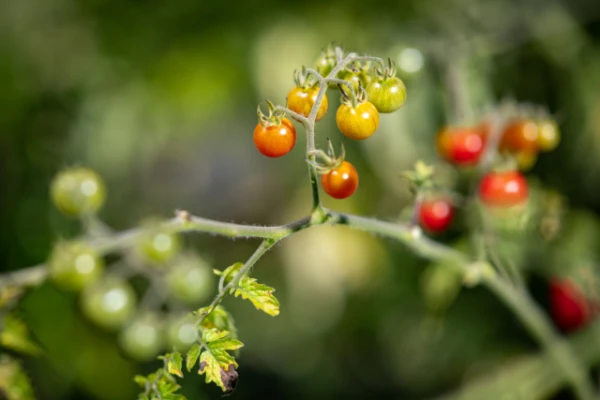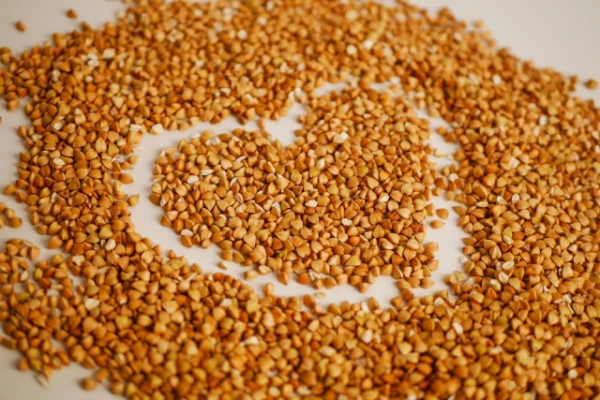
On the Galapagos Islands, which once inspired Darwin to develop the theory of evolution, biologists discovered a rare phenomenon—signs of 'reverse evolution' in the wild tomato Solanum pennellii. This species, found on the young western islands of the archipelago, has begun to produce chemical compounds that disappeared from tomatoes millions of years ago.
The study began in 2024 when scientists from the University of California, Riverside, were investigating natural alkaloids—substances that plants use as a natural defense against pests. By comparing samples of Solanum pennellii from different islands, the researchers noticed that the eastern plants had a 'modern' defense system, while the western ones exhibited an ancient system characteristic of the prehistoric ancestors of tomatoes.
Molecular analysis revealed that the western plants had started to produce alkaloids again, previously associated with eggplants—a close relative of tomatoes in the nightshade family. A simple change in the amino acid structure activated an ancient gene, and the plants seemed to have 'reverted' back on the evolutionary ladder.
The scientists confirmed the mechanism by modifying tobacco, which also began to produce the same compounds. According to biochemist Adam Yozwiak, this phenomenon may be explained by the harsh conditions of the young islands, where poor soils and limited resources forced the plants to revert to more resilient, 'primal' forms of defense.
The researchers emphasize that such cases are extremely rare and challenge Dollo's law, which states that lost traits in the course of evolution cannot be regained in their original form. However, experts believe that the observed phenomenon does not refute evolution but rather demonstrates its flexibility: the development of species can proceed not only 'forward' but also meander, returning to old solutions if environmental conditions demand it.
The scientists hope that studying Galapagos tomatoes will help understand how plants restore ancient survival mechanisms—and possibly use this knowledge to create resilient crops and new medicinal compounds.















Leave a comment